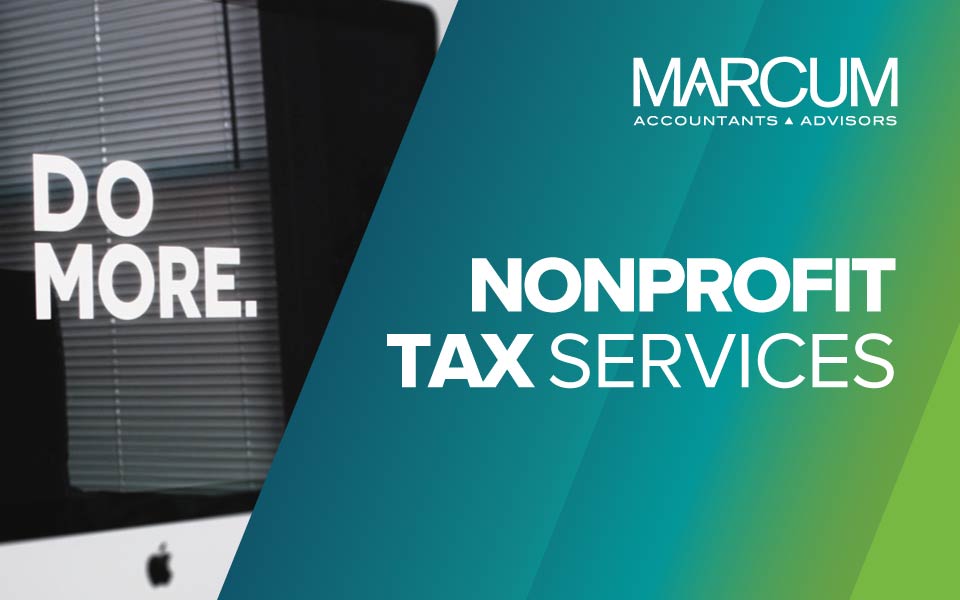

State & Local Tax
With estimated revenues of $26 billion related to sales and use tax in 2018, the Florida Department of Revenue is aggressive with ensuring that businesses are properly collecting and remitting these taxes. Approximately 1.5 percent of the one million registered dealers in Florida are audited annually, which results in over $200 million in assessments. While several factors determine which businesses are audited, those in “high risk” industries have a far greater chance. Businesses operating in this industry are automatically considered “high risk” because of the confusing nature of sales and use tax rules for building contractors.
Real Property Improvement
Sales and use tax rules applying to contractors tend to be complicated because there is a lack of understanding of what constitutes real property improvements versus the installation of tangible personal property. Real property, also known as realty and real estate, is defined as land, its improvements and fixtures. Real property improvements include items that are permanently installed into a structure. In other words, the items cannot be removed without damaging them, such as electrical systems, elevators and HVAC systems.
For real property improvements, the incidence of the sales tax – whether paid by contractor at time of purchase or charged to customer – depends on the type of contract. Under Florida statute real property improvement contracts generally fall into two different categories, depending on which party is responsible for paying the sales tax. In the first category, the contractor is responsible for paying the sales tax on the purchase of the materials and under the other category, the purchaser will be charged the sales tax upon completion of the project.
Category One – Lump sum, cost plus, fixed fee, guaranteed price and time-and-materials real property contracts
The contractor is considered to be the final consumer of materials and supplies under these pricing arrangements, and is required to pay sales tax to suppliers on all purchases, including those for personal use. No tax should be charged to the customer.
Category Two – Retail sale plus installation contracts
These contracts are defined as contracts for real property improvements in which the contractor lists and prices all materials to be used before the work begins. They also agree to sell listed materials and supplies at an agreed upon price and to complete the work at an additional agreed upon price. Under this agreement, the sales of material is considered a separate transaction from the installation, which requires the contractor to buy the materials tax-exempt for resale and charge tax to the customer on all materials.
When working with tax-exempt entities, the contractor is not permitted to use the entity’s tax status to purchase materials under a construction contract for the entity; they are required to pay tax on these purchases. However, the tax-exempt entity may buy the materials directly from the vendor and pay no taxes when certain criteria are met.
Tangible Personal Property
Tangible personal property is defined by the Florida Department of Revenue as property that can be seen, weighed, measured, touched or is in any manner perceptible to the senses, but not permanently attached to real property (e.g., window air-conditioning units, stepping stones and blinds). When installing or repairing tangible personal property, parts and labor are taxable. In this scenario, the contractor should buy the materials tax-exempt for resale and sales tax should be charged to the customer on the full price, which includes installation, materials and any other charges. However, if the job is labor only, the labor is considered tax-exempt and the repairer must document that no parts or other items were incorporated into the repaired item. It is important to note that similar to real property, any fabrication surrounding tangible personal property is subject to sales tax.
Contractors must be aware of the work being performed so that they are able to differentiate between tangible personal property and fixtures as there are different treatments related to sales and use tax of labor. Fixtures are items that are permanently attached to realty, buildings, other structures or land that keeps a separate identity after installation (e.g., elevators, central air-conditioning units, wired lights). Installation of fixtures requires contractors to pay sales tax when purchasing the materials; the materials and labor are deemed to be tax-exempt and tax should not be charged to the customer. When deciding whether an item is a fixture, the method of attachment, intent of the parties, real property law, customization, permits and licenses and legal agreements are all factors that should be considered.
As the rules surrounding sales and use tax for contractors are often misunderstood, it is imperative to train employees in the purchasing, accounting and estimating/sales department on the rules surrounding sales and use tax. Procedures should be reviewed annually to ensure that the business is in compliance. Furthermore, make an effort to stay ahead of the curve by discussing sales and use taxes with your trusted business advisors.
Questions about this article? Contact Jaime Noland, Senior Manager, Assurance Services. Questions can also be directed to Mary Jo Dolson, Partner, Tax & Business Services.